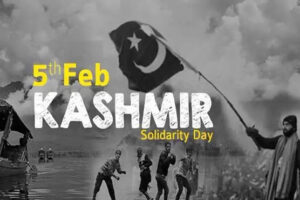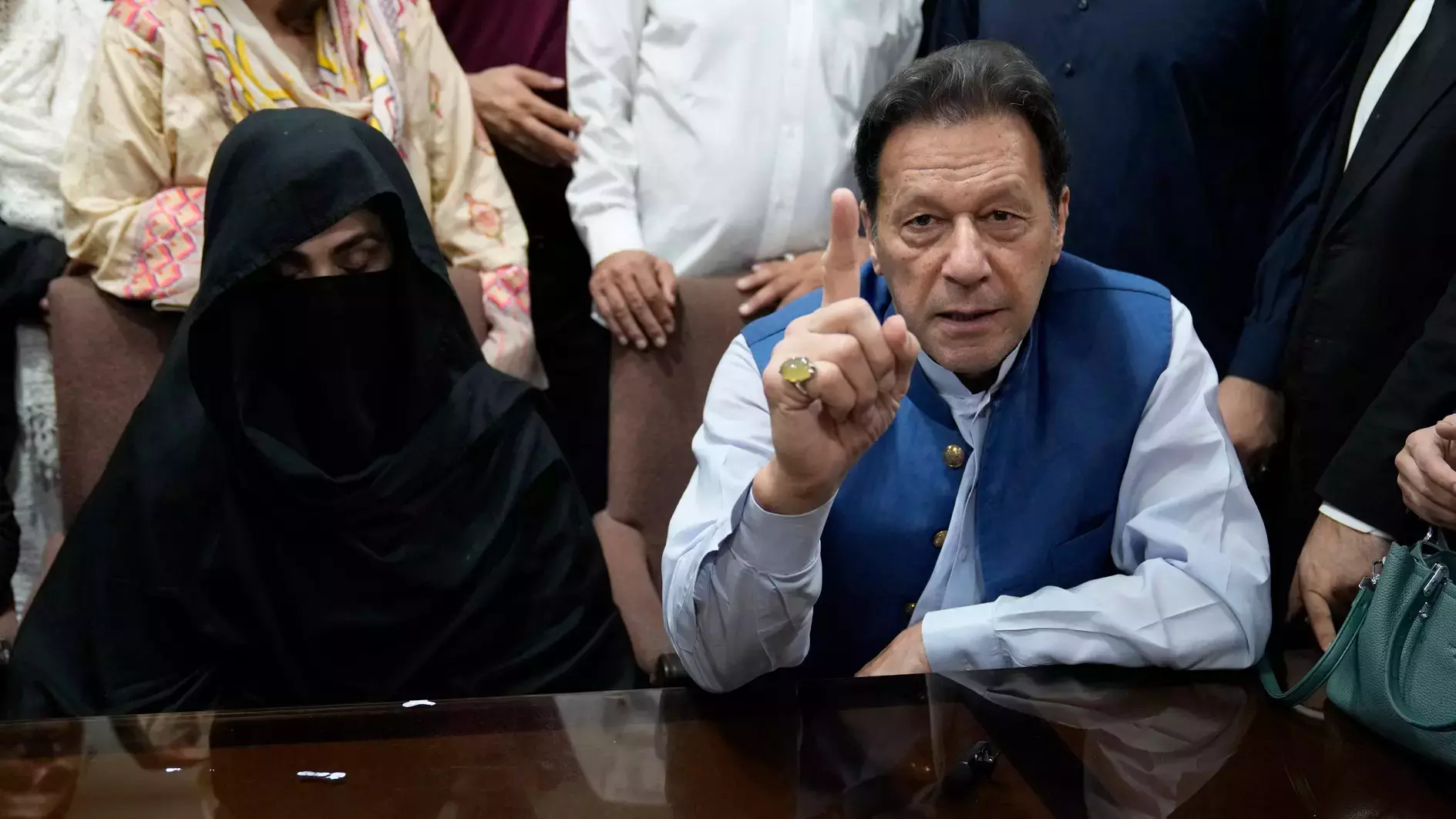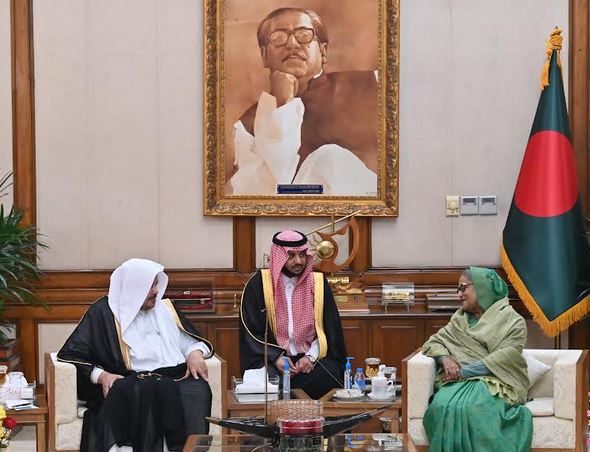 Moon Desk: Kashmir Solidarity Day, observed on February 5 by Pakistan and Kashmiris worldwide, is a national holiday signifying solidarity and support for the people of Indian Illegally Occupied Jammu and Kashmir (IIOJK), who have been fighting for their right to self-determination for over 70 years. In addition, the day honours the hundreds of Kashmiris who have been martyred in the war and advocates for a diplomatic settlement that satisfies both the UN resolutions and the aspirations of the Kashmiri people.
Moon Desk: Kashmir Solidarity Day, observed on February 5 by Pakistan and Kashmiris worldwide, is a national holiday signifying solidarity and support for the people of Indian Illegally Occupied Jammu and Kashmir (IIOJK), who have been fighting for their right to self-determination for over 70 years. In addition, the day honours the hundreds of Kashmiris who have been martyred in the war and advocates for a diplomatic settlement that satisfies both the UN resolutions and the aspirations of the Kashmiri people.
Kashmir Solidarity Day is not only a day of commemoration, but also a day of action. It’s a day to bring attention to the predicament of the Kashmiris, who are subjected to political persecution, economic marginalisation, military repression, environmental destruction and breaches of their human rights while living under Indian rule. It’s a day to call for justice for those who have been victims of state brutality, including the numerous extrajudicial executions, mass rapes, forced disappearances, and acts of torture that several local and international human rights organisations have recorded. It’s a day to question the narratives of the Indian government and its backers, which reject the legitimacy of the Kashmiri resistance movement and present Kashmir as an essential component of India under its fascist RSS Hindutva Ideology of Akhand Bharat.
The youth’s contribution is vital in this regard. The bulk of people in Kashmir are young, and they have led the charge in the struggle for self-determination. They endure intense militarization and monitoring, but they have demonstrated incredible bravery, tenacity, and inventiveness in expressing their discontent and goals. They have challenged the established status quo and asserted their identity and agency using a variety of protest tactics, including stone-pelting, graffiti, art, music, poetry, social media, and civil disobedience.
Additionally, they are one’s who have been the most impacted and most at risk from the violence. They have experienced social and cultural estrangement, a lack of educational and career options, and physical and psychological damage. They have been harassed, intimidated, and arbitrarily detained by the security personnel. They have not been given the room or the stage on which to air their complaints and dreams. The Indian government and media have branded them as extremists, terrorists, separatists, and anti-nationals. Therefore, it is crucial that the youngsters receive the encouragement and appreciation they deserve. They are both the change makers and the victims of the war. They embody not just Kashmir’s future but also its present. They are the peace process’s motivators as well as its stakeholders







